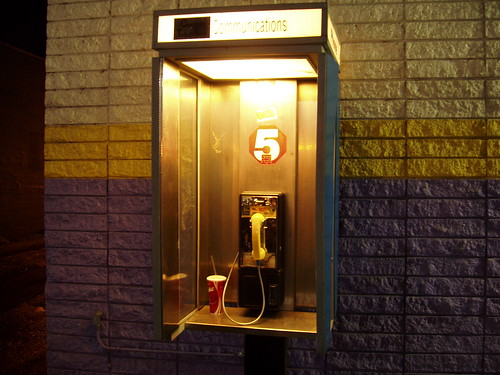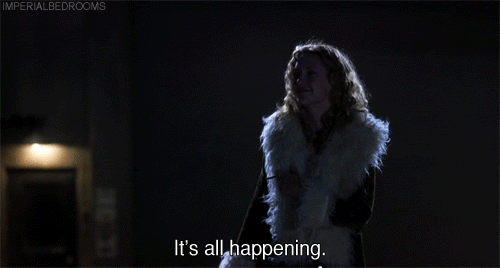“The journey is all. The destination is beside the point.” — Leo Babauta
Let me pose a hypothetical to you for a second. Tomorrow, I’m going to give you the chance of a lifetime:
I’m going to make you a lottery winner. You’re going to get $20 million. You’re never going to have to work again.
But there’s a catch: In exchange for that $20 million, you’re also never ALLOWED to work again.
You can take the $20 million, and never work another day in your life — never ever — or you can stay on the path you’re on, grinding it out, trying to make it in this world.
What do you choose? A life without work but lots of money, or a life with a lot of work and whatever money you can make along the way?
If it’s me, I take the latter. Yeah, the $20 million would be nice for a while. A few months on the beach somewhere, swimming and napping and drinking away the day. I could do that.
But after a few months, where would I be? What I’m doing matters to me. I want to make a big contribution to this world, and my work is largely how I make my stamp. Take away that, and what am I?
People say they want the easy way out, but I’m not so sure I buy that. The road ahead is tough. It’s going to suck.
But it’s also really rewarding. There is satisfaction in putting in the work, day in and day out.
So me? I’d reject the money and stick with the road I’m on. I know it’ll be rewarding. I know it’ll be hard. Maybe it’ll make me a little money along the way, or maybe it won’t. But it’ll my road to make.
I probably won’t get the months and months of drinking on the beach on this path, but if I do good work, I might get a few good weekends a year in a sunny place. That’d be alright by me.







